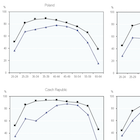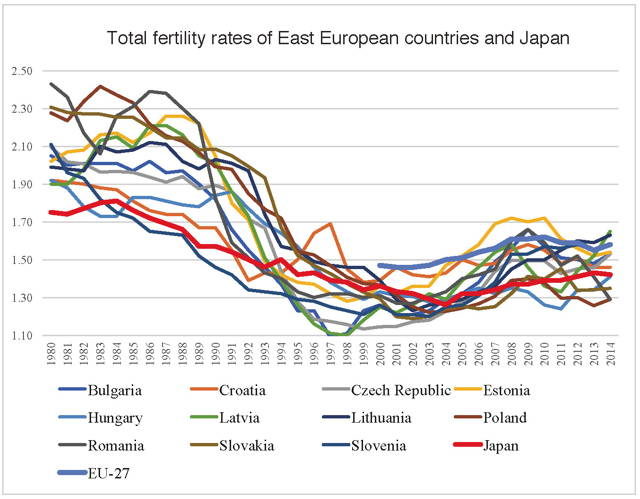Profile
- Research Subject
Comparing economic and welfare policies of Central and East European countries among themselves and with other newly democratized countries from the perspective of party politics
- Research Fields
- Comparative politics of Central and East European countries, political economy, welfare politics
- Graduate School - Division / Department / Laboratory
- Division of Humanities / Department of Slavic-Eurasian Studies / Laboratory of Slavic-Eurasian Studies
- Related Links
Lab.letters


Based on welfare and economy,
search for originality in emerging democracies.
The third wave of democracy, which was initiated in Portugal when its dictatorial regime was overthrown in 1974, has swept the world; consequently, a host of new democracies have emerged, including in Central Eastern Europe. Each emerging democracy has its own economic and welfare policies. Countries where the service industry plays a central role in the economy leave childcare and nursing care to individual households. In most cases, family members take responsibility for such care, or turn to commercial services for it. However, in the Baltic states, systems have been formulated to encourage women to work. In contrast, countries where the manufacturing industry is dominant carefully protect the rights of male workers, providing households with support for childcare and nursing care. But some countries like Slovenia, where the female employment rate is high while the manufacturing industry dominates, tend to have a system to promote female employment. Comparing countries in terms of their current conditions, we try to identify regularities underlying society to explain why these countries are different under one system or the same in another.

Gain the pleasure of exploring unknown areas by yourself.
Research that my graduate students pursue involves parts of Eastern Europe that are unfamiliar in Japan. In recent years, growing numbers of people have conducted research on such areas, but interestingly enough, there are disciplines and fields still untouched in Slavic studies. These areas encompass various other research themes that you can explore.
For those involved in area studies, it’s imperative that they master English and the language of whatever area they wish to research. Most of the documentary materials are written in English. To be an expert, you need to improve your ability to understand English text. Additionally, you shouldn’t focus excessively on one subject just because you’re engaged in area studies; instead, look at the world with a comparative view. Identify regularities underlying a new world with an interregional perspective.
Message
It is difficult to explain why I am engaged in research on East European politics, but one thing I can say is that my research allows me to see things multilaterally. For further details, please refer to my book—the introductory chapter of Political change and party politics in Central Eastern Europe (University of Tokyo Press): How do you assess the politics of Central and East European Countries?



